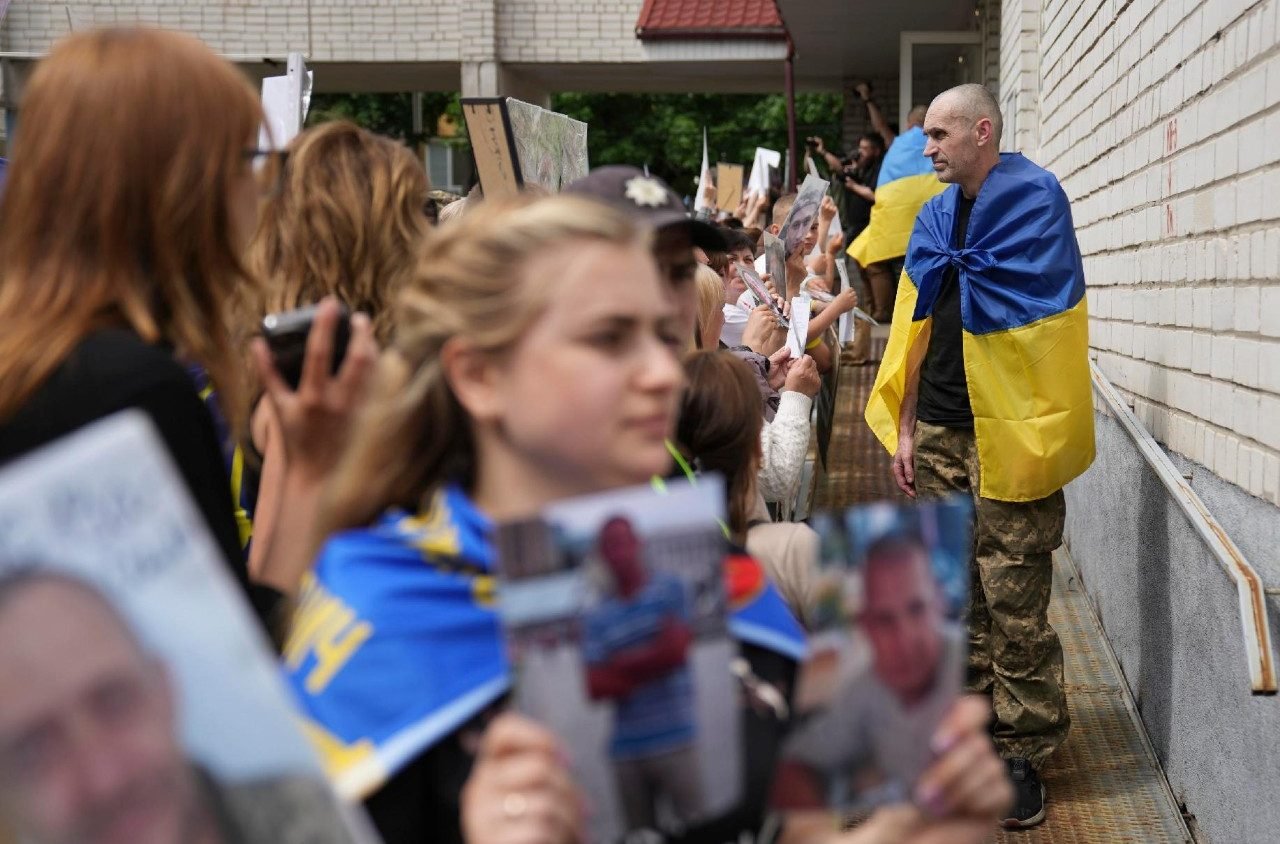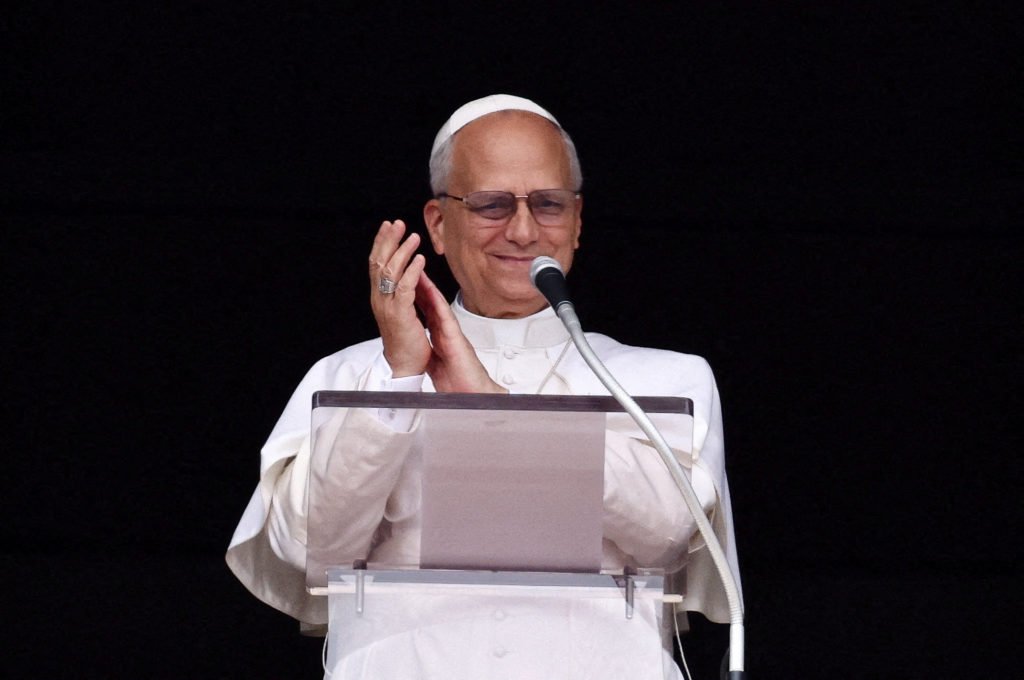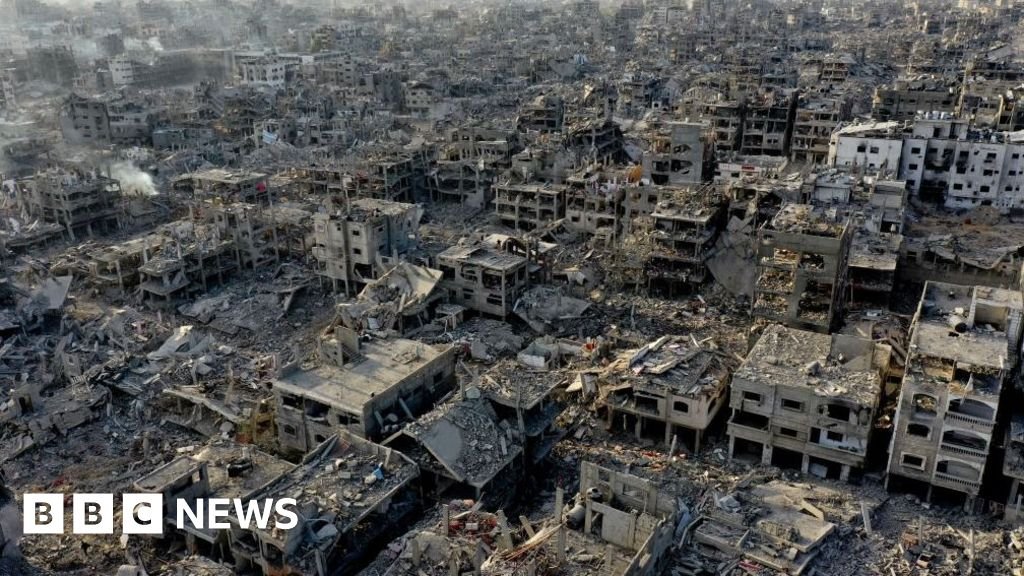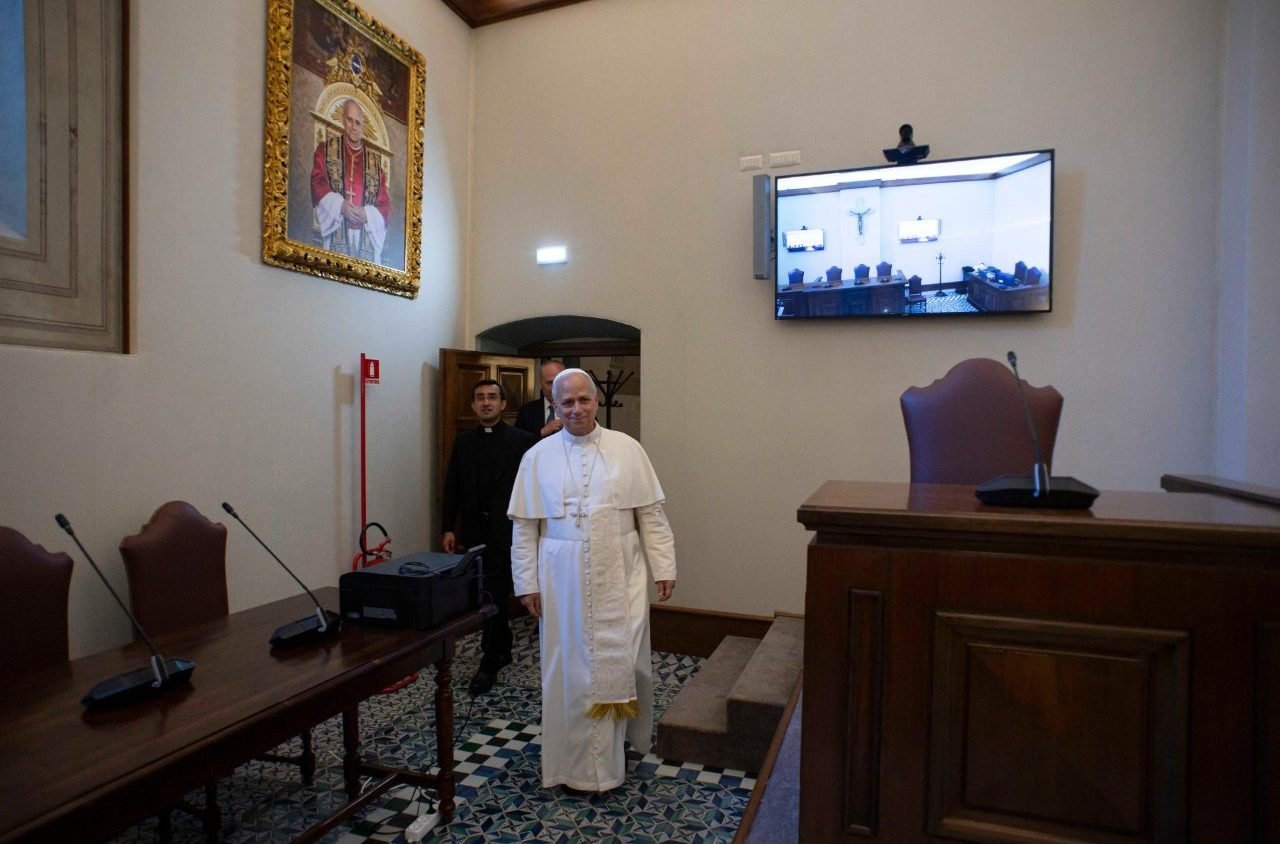Valeriya Ygoshyna, a Ukrainian investigative journalist, has worked since the start of the war in Ukraine to gather proof of Russian violence against Ukrainian citizens, seeking to restore hope.
By Greta Giglio
How should journalists report on a war that affects their homeland? It requires walking through the rubble, documenting the destruction, collecting testimonies from those returning from prison, and talking to the families of those who never returned.
For Ukrainian journalist Valeriya Yegoshyna, correspondent for Radio Free Europe/Radio Liberty, the key word is empathy. “Probably the [fact] that I’m reporting a war which is going on in my own country, gives me more respect to those who suffered from it.”
Ms. Yegoshyna has been working as an investigative journalist since 2016 joining the Schemes project, which initially focused on corruption investigations at the highest levels of Ukrainian government (the Security Service of Ukraine, the National Police and the army). “After 2022,” she told Vatican News, “I also learned how to investigate war crimes in this new environment.”
She explained that now they were able to identify “Russian soldiers who were operating on Ukraine’s territory, higher level investigations, which included collection of data and analysis of data [from] many sources and evidence to prove that some Russian army’s officers or soldiers committed war crimes in Ukraine.”
Ms. Yegoshyna knows perfectly well what she risks by continuing her work as a journalist in Ukraine.
“Of course it is super scary,” she confided. “I have not slept for several nights, and whether I will sleep in the next few days depends on the bombings. But I have never, ever thought of leaving Ukraine. My home and my family are here.”
For Ms. Yegoshyna, this is precisely the moment when investigations become important, because they can also be used at a legal level, by the National Police or the Security Service of Ukraine. “I really dream about the day when their investigations would go to some international courts. And probably they will bring some justice,” she said. “As journalists can debunk fact by fact, but it will work as a complete system only if people would also realize how to understand if this is real fact. We also need to educate our people [on] how to realize if this is some real piece of information or [if it] is another disinformation campaign.”
To understand the crimes committed by the military, journalists must speak to the victims. On these occasions, it becomes essential to find the right balance between the journalistic work of collecting testimonies and the human duty to treat with care those who have suffered trauma.
Speaking about the difference between male and female journalists, Ms. Yegoshyna notes that there are some practical differences, including the weight of a bulletproof vest.
“It’s more than ten kilos. And I weigh around 50 kilos,” she said. “So, I believe that for female journalists, a very, very obvious thing, but very important is to have lighter bulletproof vests.”
She added that being a woman also has a great advantage, which is that of being able to choose her profession. “My husband is a writer and a journalist, but right now, he’s in the army,” she said, explaining that “all men are obliged to go to the army and to defend their country.”
Being a journalist in Ukraine means risking your life every day. According to the National Union of Journalists of Ukraine and the International Federation of Journalists, 117 media professionals have already lost their lives while carrying out their work.
Among them were several Ukrainian journalists: Vira Girych, of Radio Liberty, killed by a missile aimed at her home; Tetiana Kulyk, killed in an air strike together with her husband; Oleksandra Kuvshynova, hit by Russian fire while working on the front; Victoria Roshchyna, imprisoned in a Russian prison and returned to Ukraine with her body emptied of internal organs to prevent recognition of torture and violence.
Although her story shocked world public opinion, these episodes are not at all rare. Victoria Amelina, a Ukrainian writer, talks about it. She joined the NGO Truth Hounds when the war broke out.
Ms. Amelina is one of the victims of this war, but she is also the author of a book published in multiple counties “Looking at Women Looking at War: A War and Justice Diary.”
Through the eyes of Ukrainian women—friends, colleagues, volunteers, professionals—the writer communicates the testimonies of women and their companions, children and colleagues killed.
For a good first part of the book, one can easily miss the fact that Ms. Amelina died on July 1, 2023 under Russian bombing on the city of Kramators’k. But after a certain point the reader finds themselves faced with a note from the editors that will be repeated in several places: “Victoria Amelina did not finish writing this chapter. The pages that follow are her notes in Ukrainian that were revised and then translated into English.” That “not revised” implies “that she didn’t have time to revise.”
Among the testimonies, Ms. Amelina includes her personal experience, the pain and fear, but above all the hope. The last page reads: “I’m not afraid of dying anymore. I remember that I have to finish this book, watch my son grow up and maybe, in a few years, join the army. Then, I’ll go back to writing.”






